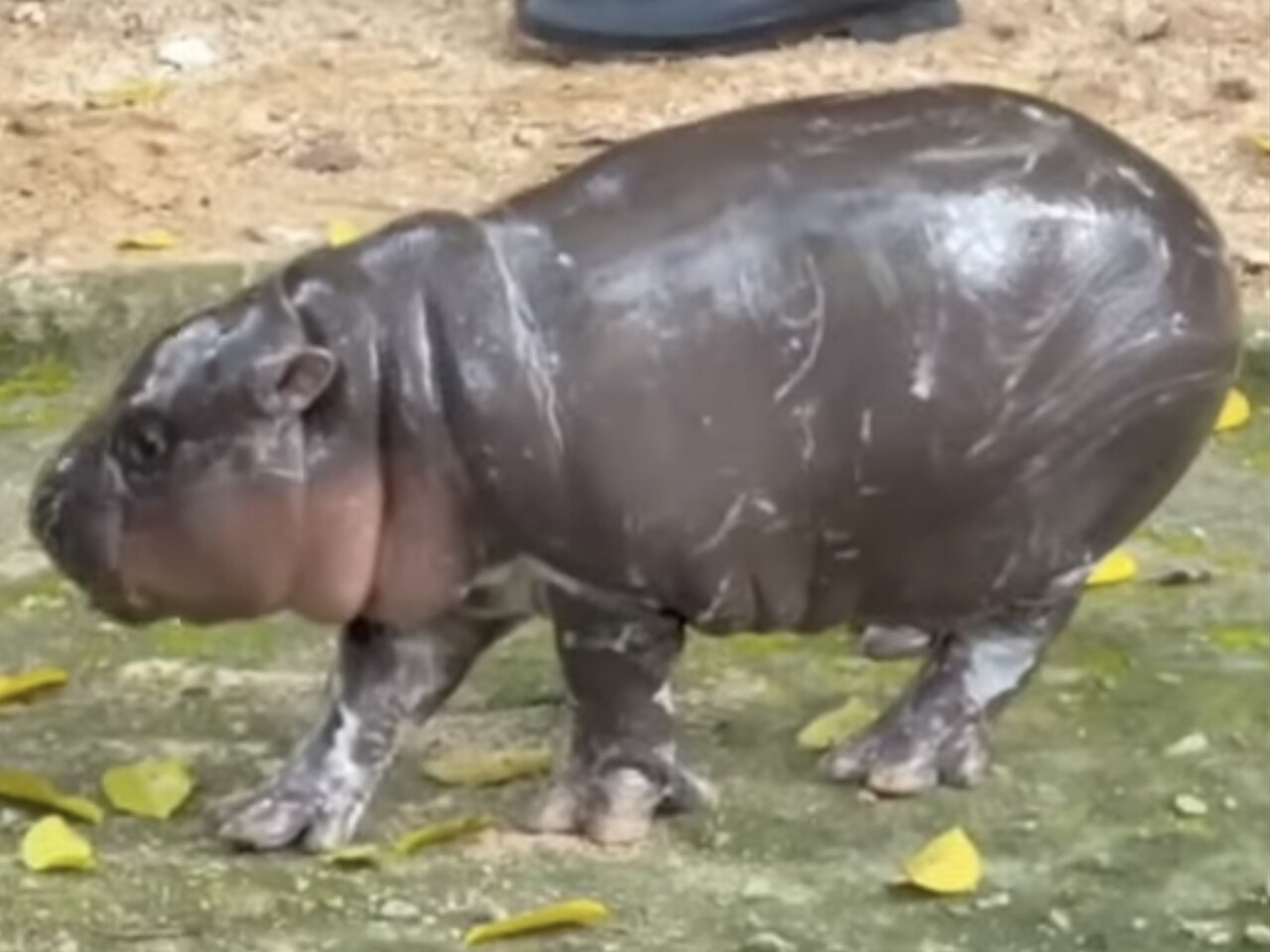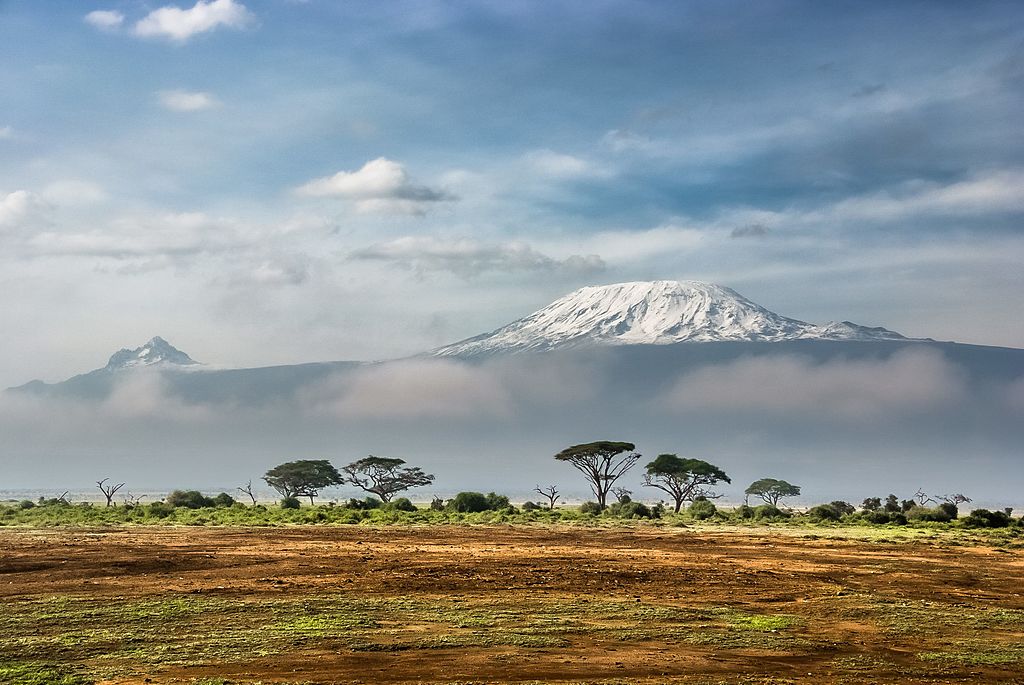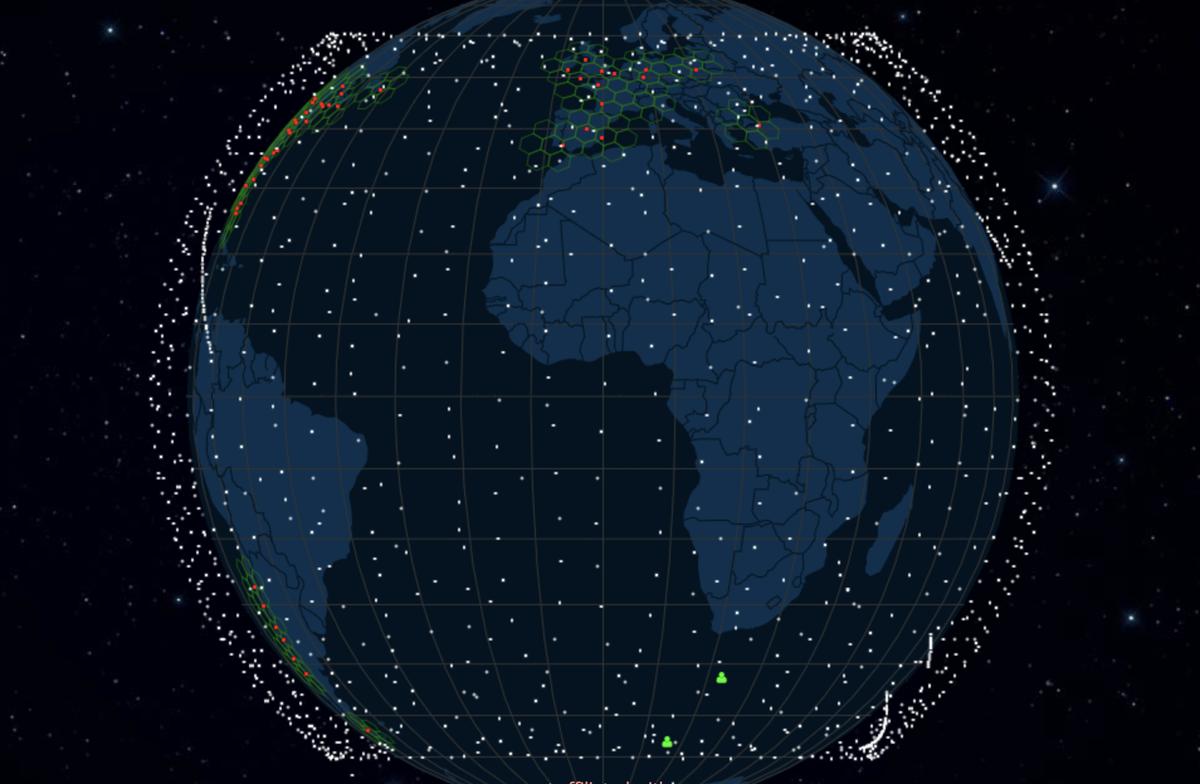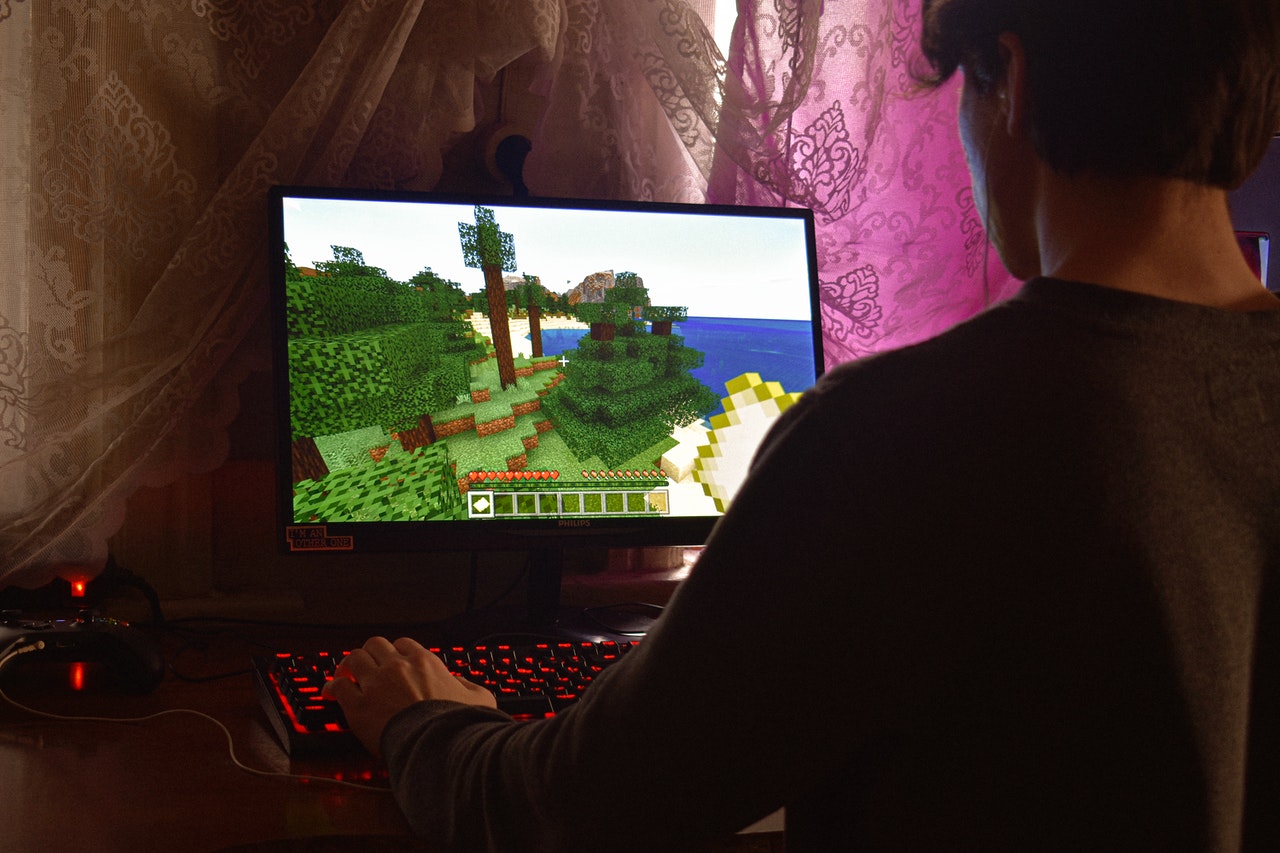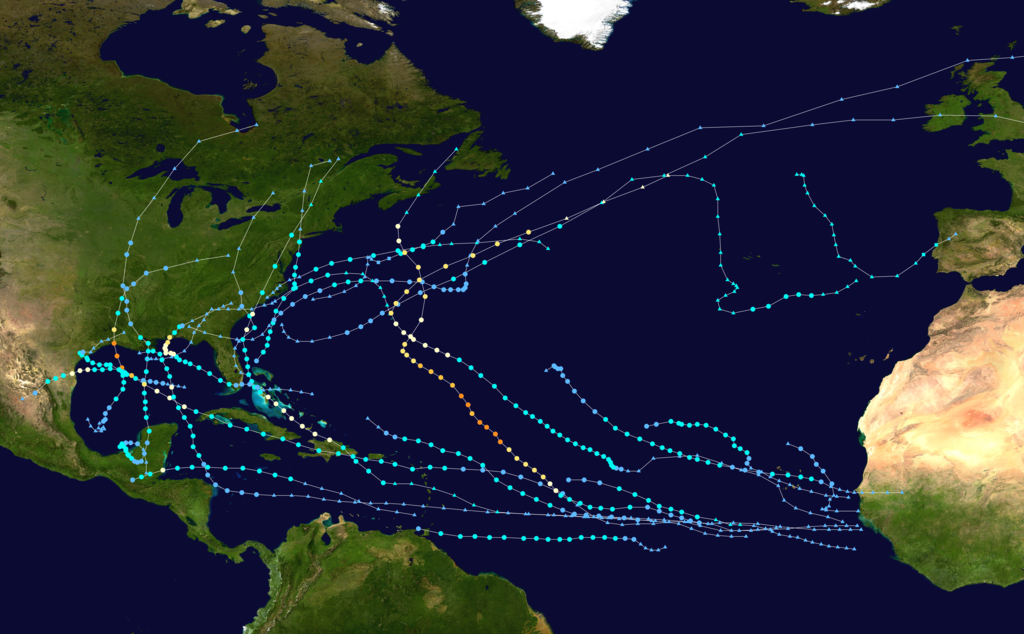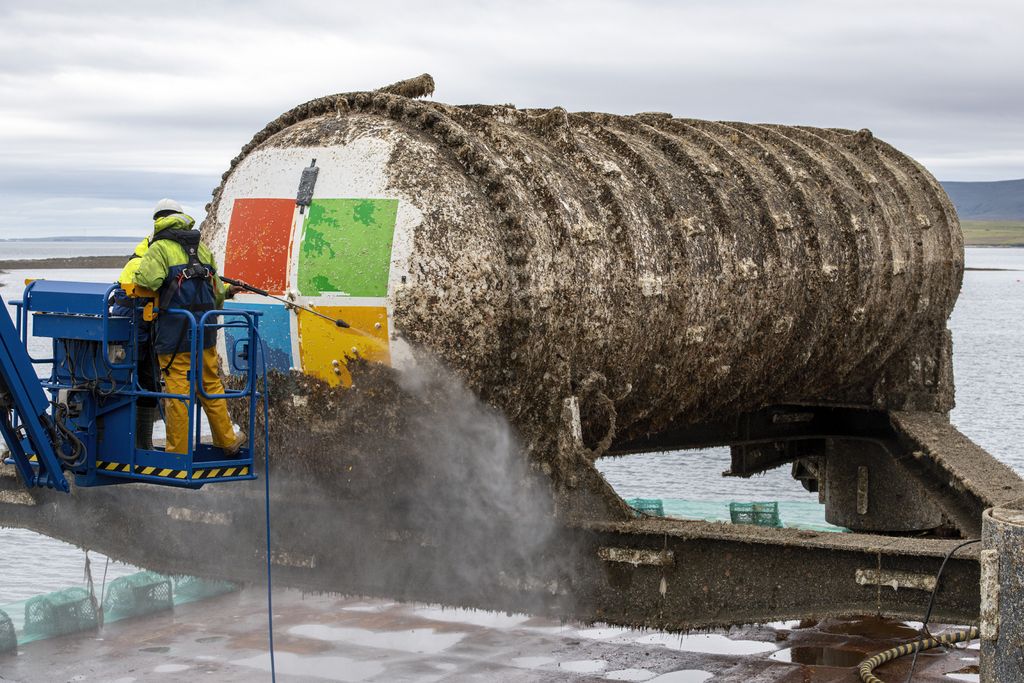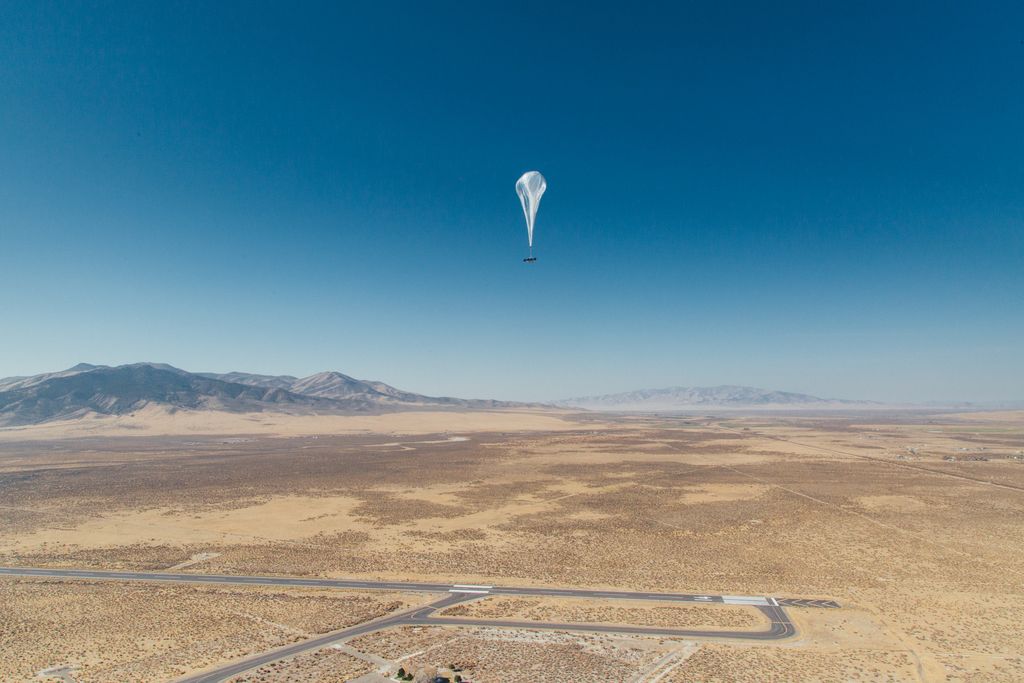A baby pygmy hippo named Moo Deng has become a huge internet star. Videos and pictures of Moo Deng have made her famous online, and have drawn thousands of people to the zoo in Thailand where she lives. The zoo hopes her fame can help bring attention to her endangered species.
Posts tagged as “Internet”
Over the last month, around 100 top secret US documents have been leaked online. The leaks are embarrassing for the US and its allies, and could affect Ukraine's ability to defend itself against Russian attacks. It's not clear who's behind the leaks.
The government of Tanzania has set up a high-speed internet service on Mount Kilimanjaro. The government says the service will promote safety for climbers. But it will also allow people to post selfies as they work their way up Africa's tallest mountain.
Starlink, a new satellite internet system from the company SpaceX, is changing the world more quickly than many people expected. The system can be very useful in remote areas and emergency situations, but it also presents several important problems.
China's government has made new rules limiting online gaming for children to three hours a week. The government says the move is meant to protect the health of children. It's just one of many recent steps China has taken to limit the effects of the internet.
Australia's parliament is considering a bill that would force the search website Google to pay for showing links to Australian news websites. Google says if the bill isn't changed, the search company will stop working in Australia.
Among the more unusual news stories recently…the Atlantic has had so many hurricanes this year that a second alphabet is needed to name them, Thailand starts mailing tourists' litter back to them, & and old TV takes out the internet for a whole village.
The computer company Microsoft recently ended an unusual experiment by pulling up a data center that has been serving internet requests from under the sea for the last two years. The company says the experiment was a success.
Criminals are targeting the computer systems of school districts, universities, banks, large businesses, and other groups around the world, locking up their computer files, and refusing to unlock them until they are paid.
A company called Loon is using balloons to deliver the internet to people across Kenya. The company believes its system will be a cheap, reliable way to bring internet services to people who live in remote areas.

